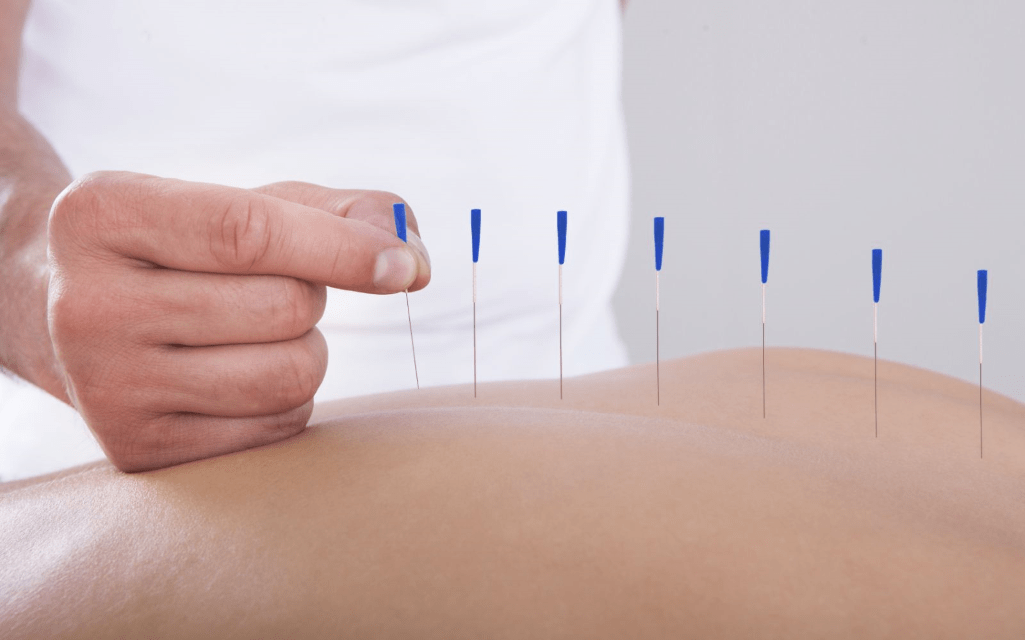Most people have heard of acupuncture. Many of them however, have little more than a very basic understanding the benefits of acupuncture. But, as people become more knowledgeable, there has developed an awareness of and openness to, acupuncture as a new treatment alternative for many ailments and diseases.
An Overview of Acupuncture
Acupuncture is an ancient Chinese healing art. Its origins are not totally clear, but historians are certain, it goes back thousands of years. The earliest reference to acupuncture is found in the Nei Ching. This has traditionally been ascribed to Huang Ti, the legendary Yellow Emperor (2698-2598 B.C.).
By the early 19th century acupuncture was well known in although virtually unknown in the US until fairly recently. That all changed when President Nixon made his historic visit to China in the early 1970′s.
For many years however, Acupuncture was relegated to the fringes of treatment alternatives and, even then, utilized mostly for things like back pain and headaches. There is much more to acupuncture than its pain relieving abilities.
The National Commission for the Certification of Acupuncturists is the national licensing authority. It sets the standard for licensee in many states. Additionally, several states have their own licensing boards.
Range of Benefits
Acupuncture is based on the concept of energy flow. The body has 12 principle energy meridians. There are many benefits of acupuncture. Problems can usually be traced to congestion in the energy flow from these meridians to one or more organs.
The acupuncturist’s treatment begins with ascertaining which energy imbalance is at the root of the problem. Based on that diagnosis, the acupuncturist plans a treatment to remedy the imbalance.
Acupuncture can be used to treat a multitude of diseases and ailments. It has proven effective in treating infertility, headaches and back pain. It has been used to increase energy, help lose or gain of weight, increase circulation, tone muscle, suppress appetite, and reduce stress. In addition, with respect to physical injury, acupuncture helps to increase flexibility, reduce swelling and accelerate the healing process.
5 Tips to Make Acupuncture More Effective
1. Get Regular Exercise.
With the advent of modern conveniences and motorized transportation, people are becoming more sedentary. A major and increasing source of health problems is “qi stagnation.” While acupuncture will help get this energy moving freely and evenly, regular exercises will help speed the process. Regular exercise will also help relieve stress, another enemy of proper energy flow. Also, there are many online workout plans that can help with getting regular exercise. Getting your body moving, will aid the acupuncture process in restoring the normal flow of qi.
2. Learn to Relax.
Stress has become so much a part of life that many people don’t even notice it. Stress however can cause physical as well as emotional symptoms. Long-term stress can create or exacerbate health issues like high blood pressure, IBS, asthma, infertility, digestive and skin problems. Regular acupuncture treatments signal the nervous system to release endorphins into the bloodstream and help reduce stress. If stress is your main complaint when you see an acupuncturist, try the tips below to help boost the effectiveness of your treatment:
- Know your triggers. If possible, avoid these triggers or think of ways to better cope until you can change your situation.
- Learn to practice deep breathing and meditation.
- Notice your symptoms. Does stress give you headaches, chest pain?
- Let your acupuncturist know your reactions. The knowledge will help customize a proper treatment.
3. Make Lifestyle Changes.
Taking good care of yourself is just as important as your acupuncture sessions. Get plenty of exercise. Go outdoors for a power walk. Connect with friends and family. Make time for things that you enjoy. And, very importantly, get enough sleep and eat a balanced diet. Try to avoid reliance on stimulants and relaxants such as coffee and alcohol. These will only add to stress in the long run. In short, respect your body and your mind. Practice moderation and live in harmony with the laws of nature.
4. Commit to a Full Course of Treatment.
Acupuncture has a cumulative effect. If you want to achieve lasting health effects, treatment needs to be consistent. Acupuncture sessions should be frequent enough so that your condition doesn’t backslide between meetings. Additionally, treatment should last until the underlying causes have been resolved. To get the most out of your treatment, you need to commit and be involved.
If you have been given a course of herbal remedies to go along with your acupuncture treatment, take them EXACTLY as prescribed. Dosage is important. And more is not always better.
5. Become Mindful of Your Day to Day Health.
Let your acupuncturist know how you are doing. Keep a log of symptoms. This will help your acupuncturist to assess your progress and modify your treatments if necessary. Keep a few things in mind:
- Remember that while some people start feeling better immediately, acupuncture generally requires time and consistency.
- As you start to feel relief, listen to your body and don’t over do it.
- Your body heals itself in a restful state. Make sure that you get enough sleep every night, to allow your body time to repair itself.
Acupuncture is a great investment in your quality of life and long-term health. To get the most benefit from acupuncture cultivate balance and health in your daily life. Make changes designed to increase the efficacy of acupuncture treatment.



